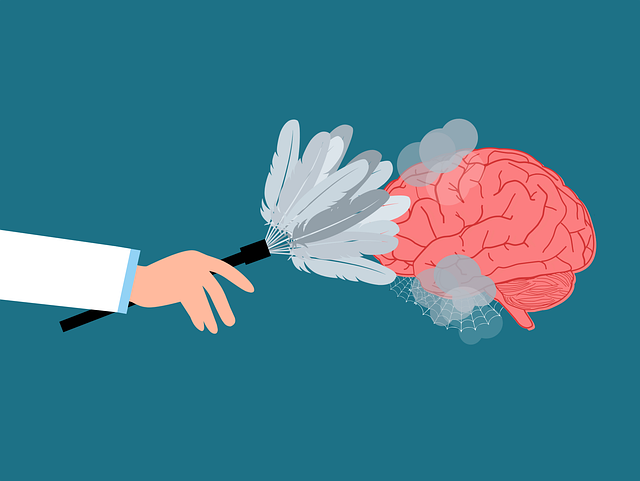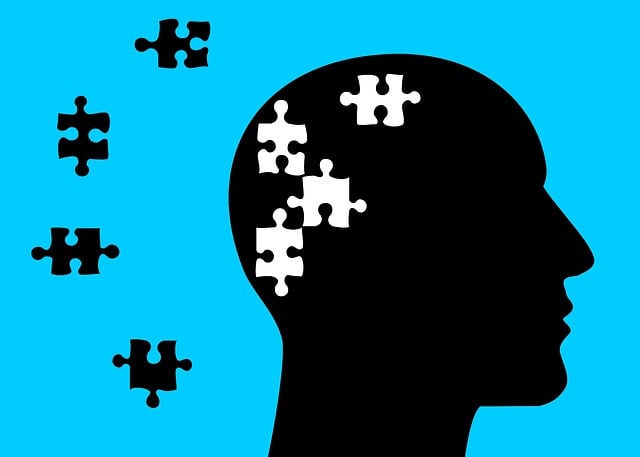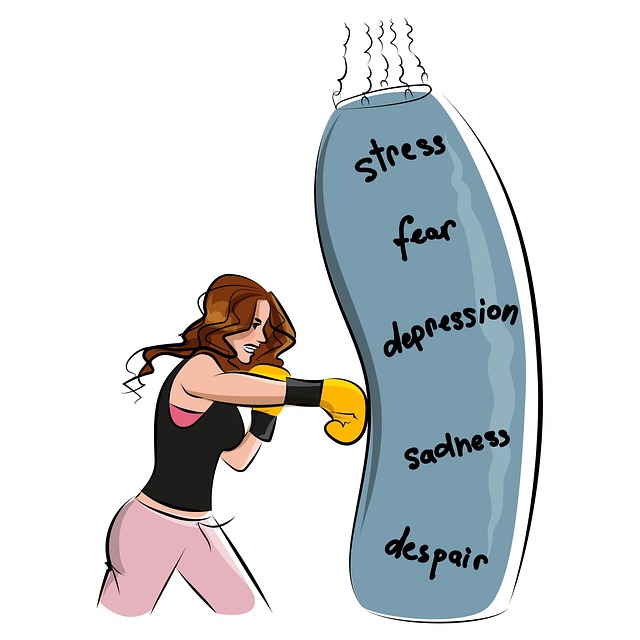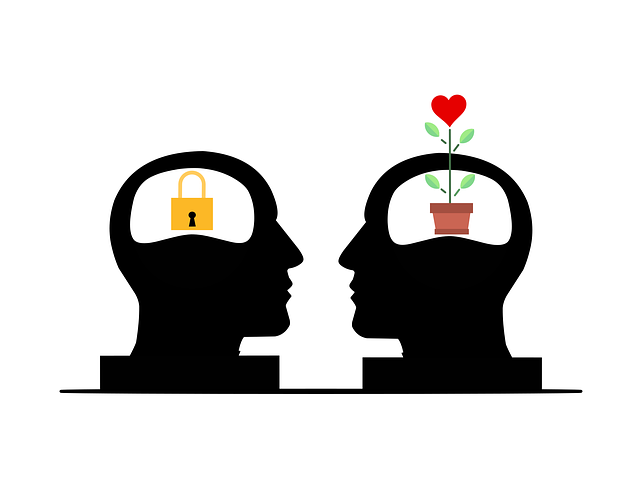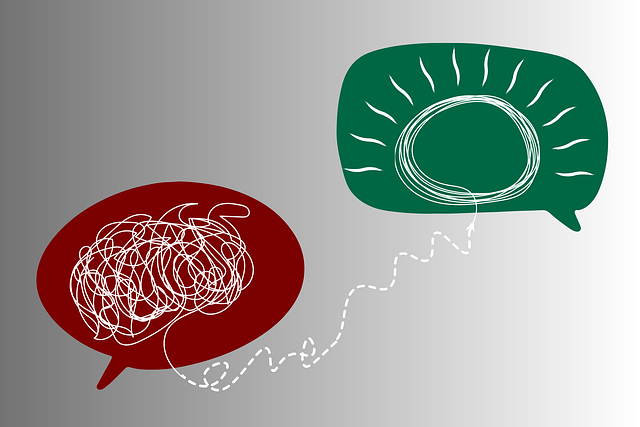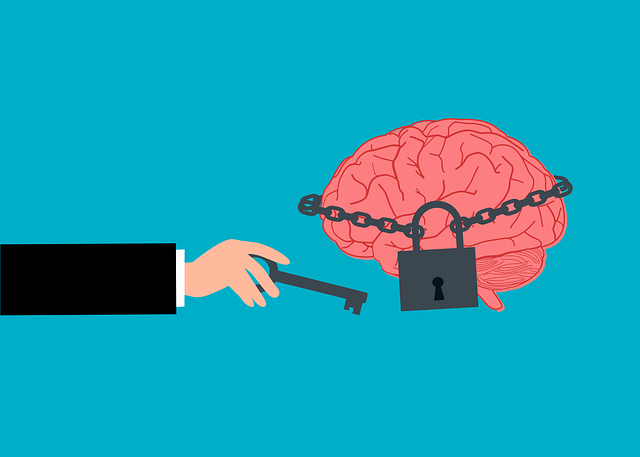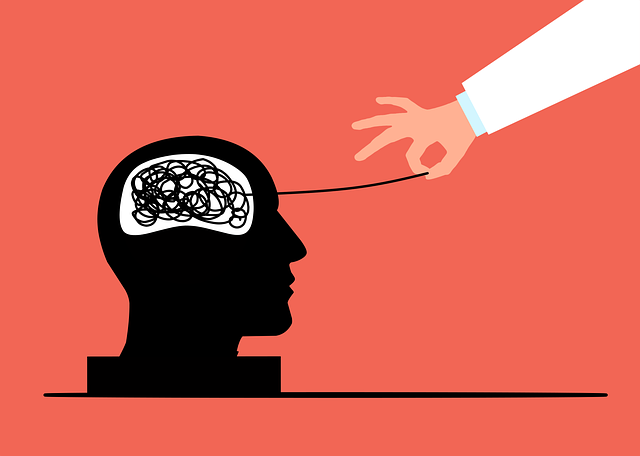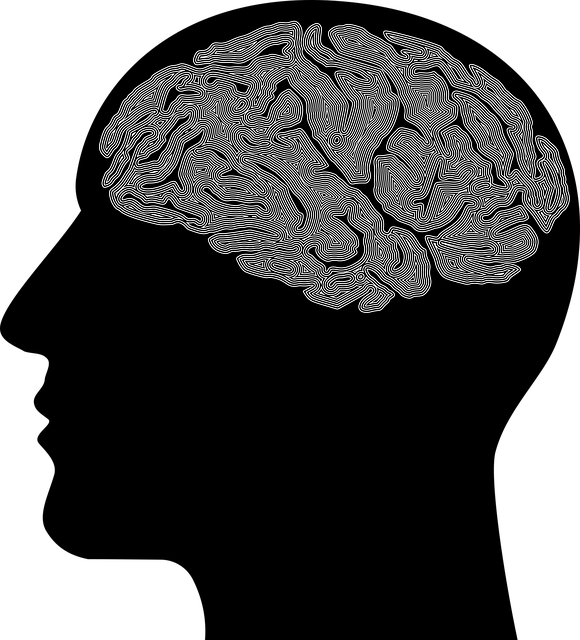Burnout among healthcare providers is a growing concern, driven by high stress levels and demanding work environments. Early recognition of burnout symptoms is key. Littleton Biofeedback Therapy offers a non-invasive solution, teaching professionals to manage stress through Mind Over Matter principles, regulating physiological responses and enhancing well-being. Combining this with empathy and cultural sensitivity creates a supportive environment, improving patient care and job satisfaction. Proactive self-care practices, like exercise, meditation, and adequate sleep, are vital. Resources like Littleton Biofeedback Therapy, self-awareness exercises, and training in cultural competency equip healthcare providers with tools to manage stress, boost emotional intelligence, and maintain mental wellness, preventing burnout and enhancing performance.
Healthcare provider burnout is a growing concern, impacting not just individuals but the broader healthcare system. This article explores comprehensive strategies to prevent burnout among these essential workers. We delve into understanding the root causes, with a specific focus on the role of Littleton Biofeedback Therapy in stress reduction. Additionally, we highlight creating supportive work environments, encouraging self-care practices, and building resilience for sustained well-being.
- Understanding Burnout Among Healthcare Providers
- The Role of Littleton Biofeedback Therapy in Stress Reduction
- Creating a Supportive Work Environment
- Encouraging Self-Care Practices
- Building Resilience and Sustaining Well-being
Understanding Burnout Among Healthcare Providers

Burnout among healthcare providers is a growing concern, with high stress levels and demanding work environments contributing to physical and emotional exhaustion. This phenomenon often manifests as a sense of detachment from one’s job, reduced performance, and even cynicism towards patients. Healthcare professionals, despite their noble calling, are not immune to the pressures of modern medicine, which can lead to significant mental health challenges. Recognizing burnout early is crucial; symptoms include chronic fatigue, increased irritability, difficulty concentrating, and a general sense of dissatisfaction with work.
In Littleton, Biofeedback Therapy emerges as a promising strategy to combat these issues. This therapeutic approach equips healthcare providers with tools to manage stress and improve resilience. By focusing on Mind Over Matter principles, professionals can learn to regulate their physiological responses to stressful situations, fostering better self-care routine development for enhanced mental health. Resilience building through biofeedback allows caregivers to navigate the demanding landscape of healthcare with renewed vigor and a deeper sense of fulfillment.
The Role of Littleton Biofeedback Therapy in Stress Reduction

Littleton Biofeedback Therapy offers a unique and effective approach to stress reduction for healthcare providers facing burnout. This non-invasive technique harnesses the power of biofeedback, teaching individuals how to consciously control their physiological responses to stress. By learning to regulate heart rate, muscle tension, and other bodily functions, healthcare workers can significantly lower stress levels and enhance their overall well-being. In today’s demanding healthcare environment, where long hours and high-pressure situations are common, this form of therapy provides a valuable tool for burnout prevention.
Combining Littleton Biofeedback Therapy with empathy-building strategies and cultural sensitivity in mental healthcare practice can create a holistic approach to supporting providers’ mental health. Regular sessions can help professionals develop resilience against stress, allowing them to better manage the emotional demands of their jobs. This, in turn, contributes to improved patient care as well as higher job satisfaction and retention rates among healthcare providers.
Creating a Supportive Work Environment

In creating a supportive work environment, healthcare providers can significantly mitigate burnout risks. This involves fostering a culture that prioritizes well-being and encourages open communication. Implementing programs like Littleton Biofeedback Therapy can offer staff members effective coping skills development, promoting relaxation techniques to manage stress levels. By integrating these practices, work environments can transform from high-pressure settings into sanctuaries where professionals feel valued and empowered.
Moreover, public awareness campaigns development focused on mental health should be encouraged, ensuring that healthcare workers have access to resources for positive thinking and self-care. These initiatives not only support individual resilience but also contribute to a collective atmosphere of compassion and understanding within the healthcare setting, enhancing job satisfaction and overall professional fulfillment.
Encouraging Self-Care Practices

In the relentless pursuit of excellence, healthcare providers often find themselves at the mercy of demanding schedules and intense pressure. Amidst this chaos, encouraging self-care practices emerges as a lifeline for maintaining optimal mental wellness. Incorporating strategies like regular exercise, mindful meditation, and adequate sleep can miraculously transform stress into resilience. For instance, Littleton Biofeedback Therapy offers a holistic approach to managing anxiety and promoting relaxation, making it an invaluable resource in the quest for burnout prevention.
To further bolster self-care, engaging in Self-Awareness Exercises fosters a deeper understanding of one’s emotional state and triggers. This introspection, coupled with the support from Mental Wellness Podcast Series Production, can empower healthcare providers to proactively manage stress levels. Moreover, integrating Healthcare Provider Cultural Competency Training into their routines enhances not just their interactions with patients but also their overall sense of well-being by fostering a supportive and inclusive environment both within the workplace and in their communities.
Building Resilience and Sustaining Well-being

Building resilience is a key strategy for healthcare providers to combat burnout. This involves cultivating emotional intelligence and effective mood management techniques. By enhancing their ability to navigate challenging situations with composure, healthcare workers can better handle stress and maintain mental wellness. Littleton Biofeedback Therapy offers a valuable tool in this process, helping individuals learn to regulate their physiological responses to stressful events.
Through regular practice, biofeedback therapy empowers providers to cultivate a sense of calm and control, thereby sustaining their well-being over time. This proactive approach not only prevents burnout but also improves overall job satisfaction and performance. Incorporating strategies for emotional balance alongside robust mental wellness practices is essential for healthcare professionals to thrive in their demanding careers.
Healthcare provider burnout is a significant issue, but with the right strategies, it can be mitigated. By understanding the causes of burnout, implementing supportive work environments, encouraging self-care practices, and fostering resilience through methods like Littleton Biofeedback Therapy, healthcare professionals can find balance and maintain well-being in their demanding careers. These strategies not only benefit individual providers but also contribute to improved patient care and organizational success.
